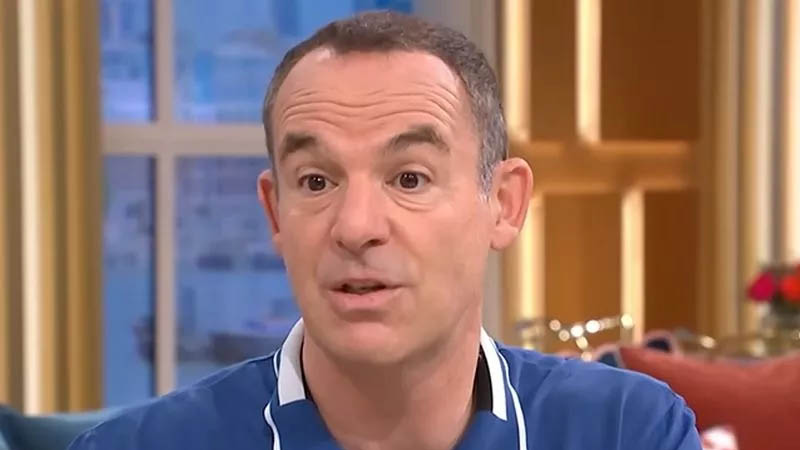
Martin Lewis has issued an urgent warning to savers about a key tax threshold that could see them paying more than expected on their hard-earned savings. Speaking on his BBC Podcast, the Money Saving Expert founder broke down exactly when and how savings interest is taxed—clearing up a common misconception that’s left many people frustrated.
Radio presenter Adrian Chiles summed up the irritation many feel about taxation on savings, saying: “Christina’s fed up—she’s sick of working hard, getting taxed on income, and then taxed on savings. How does that work? So frustrating”, reported the Express.
Martin was quick to clarify: “Well, forgive me—you are not taxed on savings. You do not pay tax on your savings. You pay tax on the interest earned on savings. And I know it is a fine difference, but it is an important one.” He went on to explain that interest from savings is treated like any other income but with special allowances that many people don’t fully understand.
The key number to remember, according to Martin, is £12,570. That’s the personal tax-free allowance—meaning you can earn this amount from any source, including savings interest, without paying tax. But there’s more.
For basic rate taxpayers (those paying 20% tax), there’s also a £1,000 savings interest allowance. That means if you earn interest of up to £1,000 from savings, you won’t pay a penny in tax. But here’s where people need to be cautious—Martin warned that savers should be mindful of how much they have in their accounts.
“At 5% interest, you can have £20,000 in a savings account, and it would be tax-free because that would generate £1,000 of interest,” he explained.
For higher earners, the allowances shrink. Those on a 40% tax rate get a £500 savings interest allowance, meaning they can only have around £10,000 in a savings account at 5% interest before being taxed. For those earning over £125,000, there’s no savings allowance at all—every penny of interest is taxed.
But there’s a little-known tax break that could be a game-changer for lower earners. Martin highlighted the starting savings allowance, which allows those earning less than £12,570 from employment to earn up to £5,000 in savings interest tax-free.
“For example, if someone’s only source of income was savings interest, they could earn £12,570 tax-free, plus the £5,000 starting savings allowance, plus the £1,000 savings allowance as a basic rate taxpayer. That means they could earn £18,570 completely tax-free,” he explained.
And for those who want to maximise their tax-free savings, Martin reminded listeners about ISAs and Premium Bonds, which allow even more savings to be shielded from tax.
Finally, he tackled the common belief that savings are “double-taxed.” “Let’s be technical—it’s not. You get taxed on the money you earn from work, and then you get taxed on the money you earn from savings interest. You do not get taxed on your savings,” he said.
With interest rates still relatively high, Martin’s warning is a timely reminder for savers to check their accounts, stay within tax-free thresholds, and make the most of their allowances.







